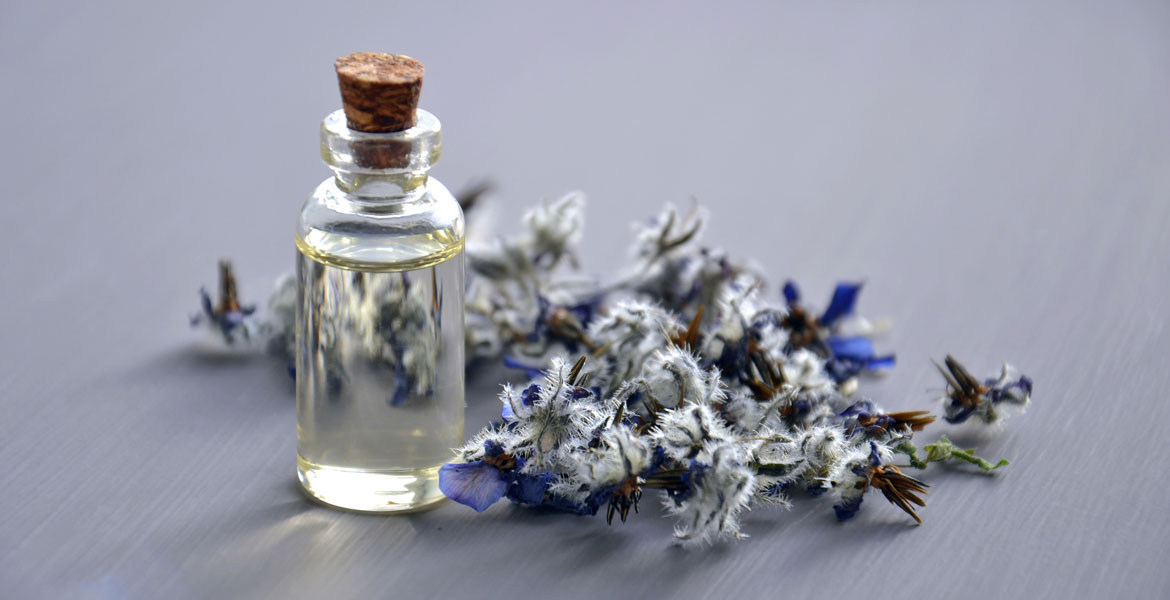
Essential Oils and Pets
Monday, April 30, 2018
Essential oils used in aromatherapy can help humans relax. It’s important to understand that these oils can pose safety risks to both our pets and some members of our human family.
The use of essential oils in aromatherapy can create scents that humans enjoy. However, these substances can be potentially toxic to pets at certain concentrations. Cats can be particularly sensitive to essential oils. Puppies, older dogs, pregnant dogs, and smaller dogs can be more sensitive to essential oils in any form.
Remember that what is safe for humans is not necessarily safe for use on or near our pets. Just like aspirin and chocolate, pets can seek out essential oils and inhale, lick or eat these products. These essential oils can also be absorbed through your pet’s skin from vaporized products or skin contact.
Your pets may react differently to these substances than you do.
What smells good to us may be overpowering or unpleasant to our cats and dogs that have a particularly well developed sensitive sense of smell. Just as you try to avoid being trapped in an elevator or your office cubby with someone wearing too much perfume or aftershave, be sure you pets can get away from smells that they find irritating. Also never vaporize products in the room where you feed your pet, as the vaporized products may contaminate your pets’ food.
Birds are especially sensitive to airborne strong scents. Inhalation of essential oils via an open container or aromatherapy unit should be avoided if you have birds at home.
Many “natural” pet care products contain the same substances sold to humans for aromatherapy. BUT the concentration of these substances in the pet care products is MUCH more diluted.
For example “natural” flea shampoos may contain essential oils but because the oils are diluted, they are generally safe to use on your pet. Follow the label directions.
Never apply 100 percent essential oils from aromatherapy products on your pet. These compounds can be absorbed through the skin and may make your pet ill. Essential oils also should not be given orally to your pet for the same reason.
If you notice any burns, drooling or vomiting, or if your pet has ingested essential oils, call your veterinarian immediately.
Liquid potpourri should never be ingested or used on your pet. Liquid potpourri made for simmering pots should be placed out of the reach of pets (this can be a challenge with cats!). These products can cause chemical burns to the skin and mouth. If your pet accidentally comes in contact with liquid potpourri, bathe them with hand-safe dishwashing detergent and call your veterinarian immediately.
Talk to your veterinarian before using these products around the four-legged members of your family.
Keep your veterinarians contact information in your phone so they can be reached in an emergency.
Additional information may be obtained from the ASPCA Animal Poison Control Center at (888) 426-4435, on the web at ASPCA Poison Control or by downloading their app for your smart phone.
Veterinary Viewpoints is provided by the faculty of the OSU Veterinary Medical Hospital. Certified by the American Animal Hospital Association, the hospital is open to the public providing routine and specialized care for all species and 24-hour emergency care, 365 days a year.
